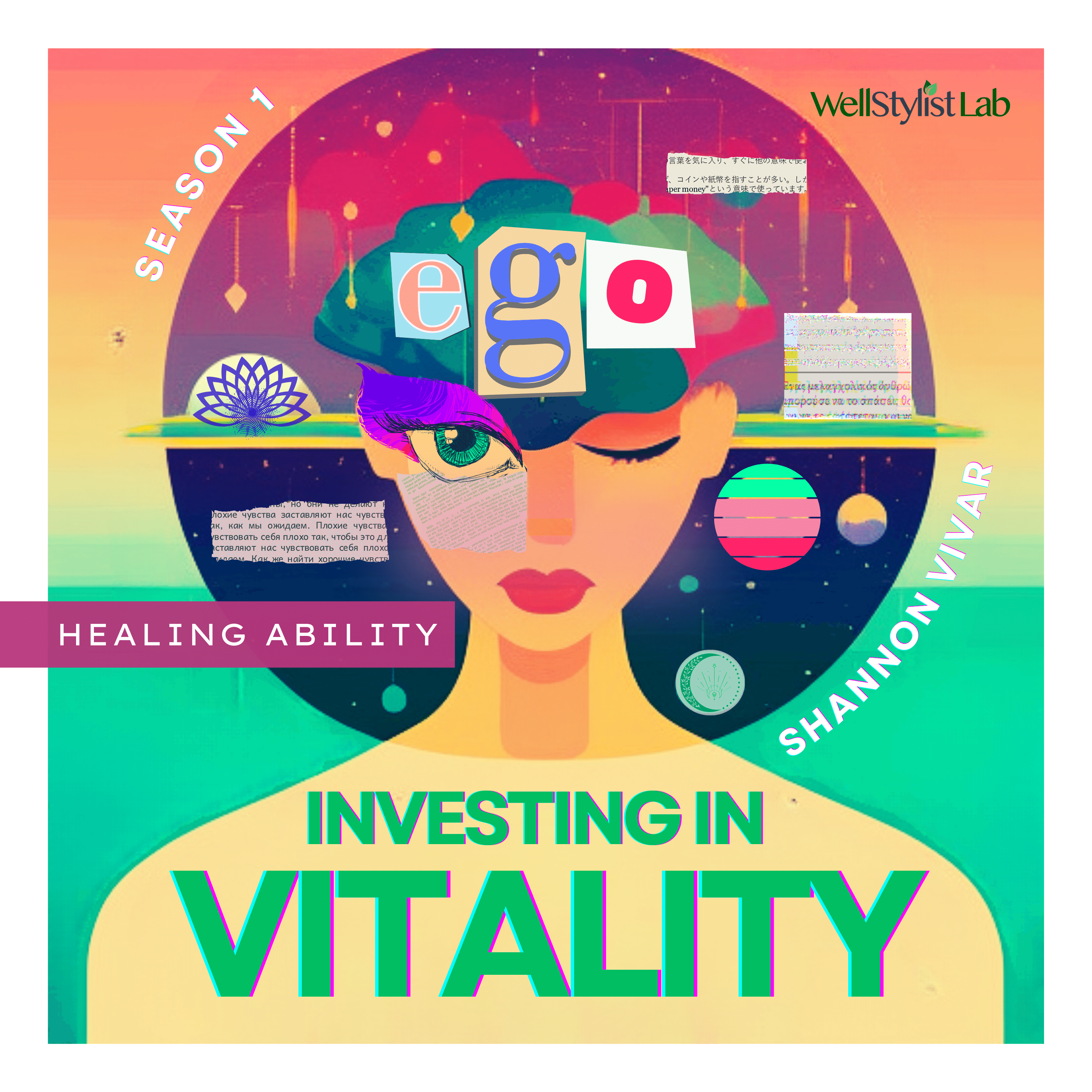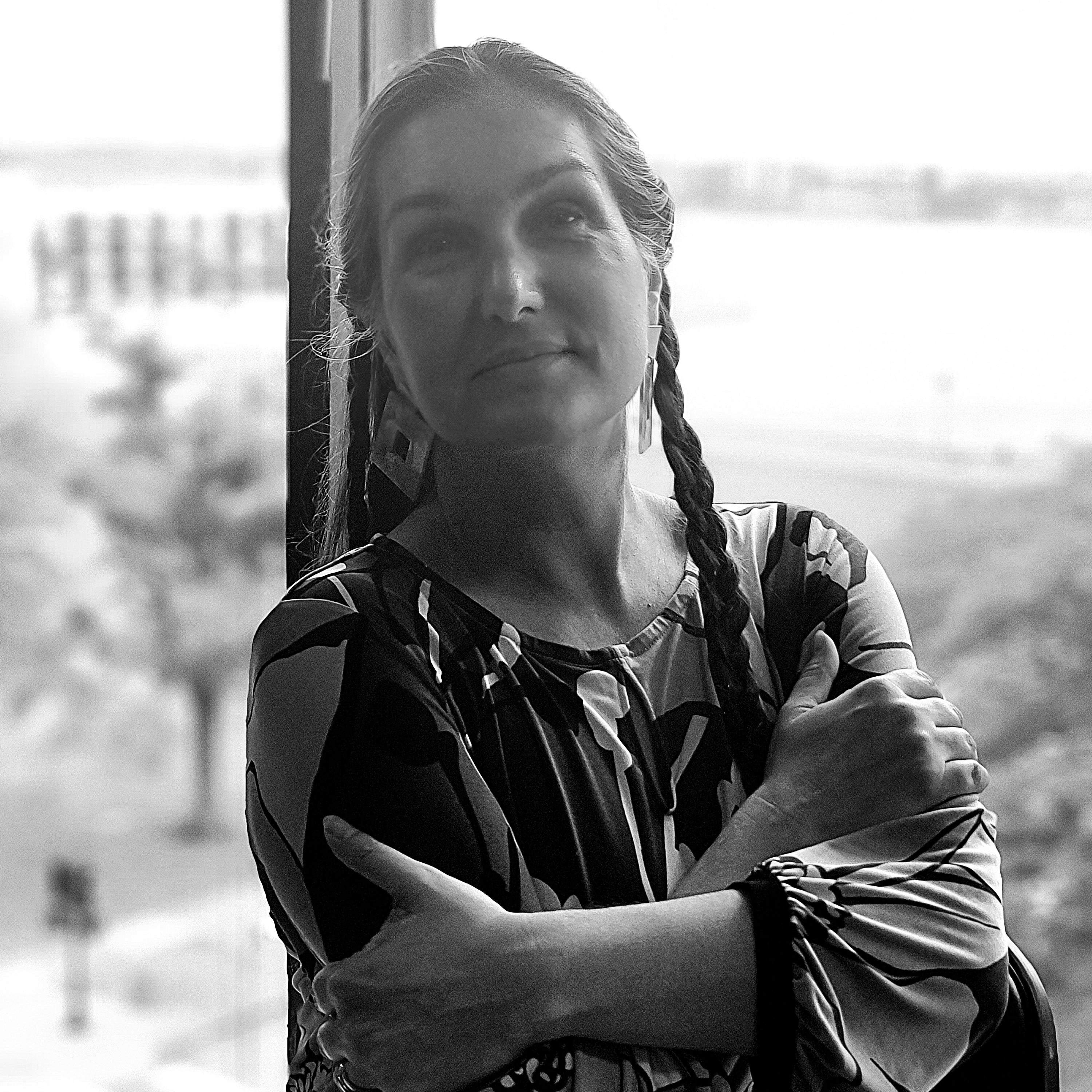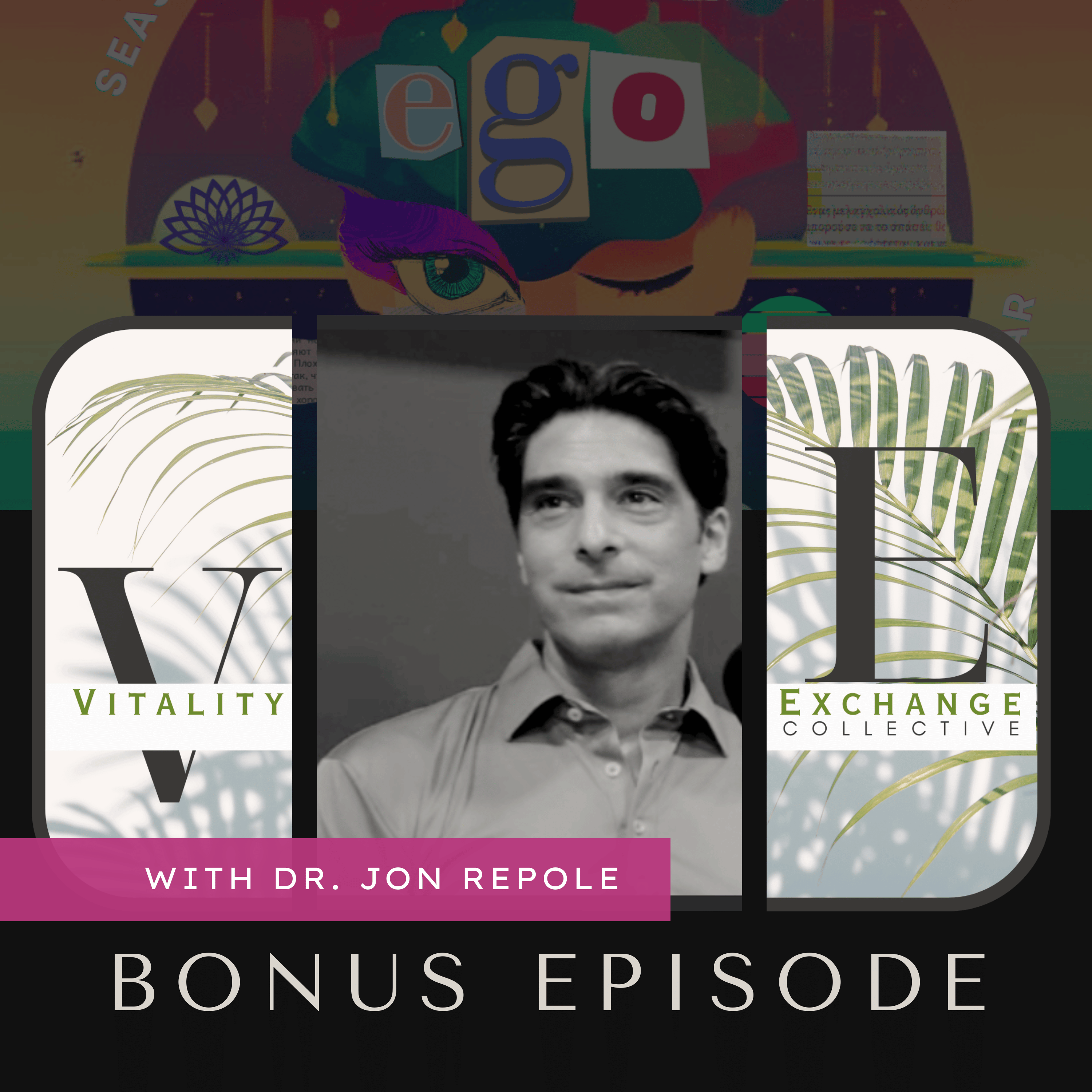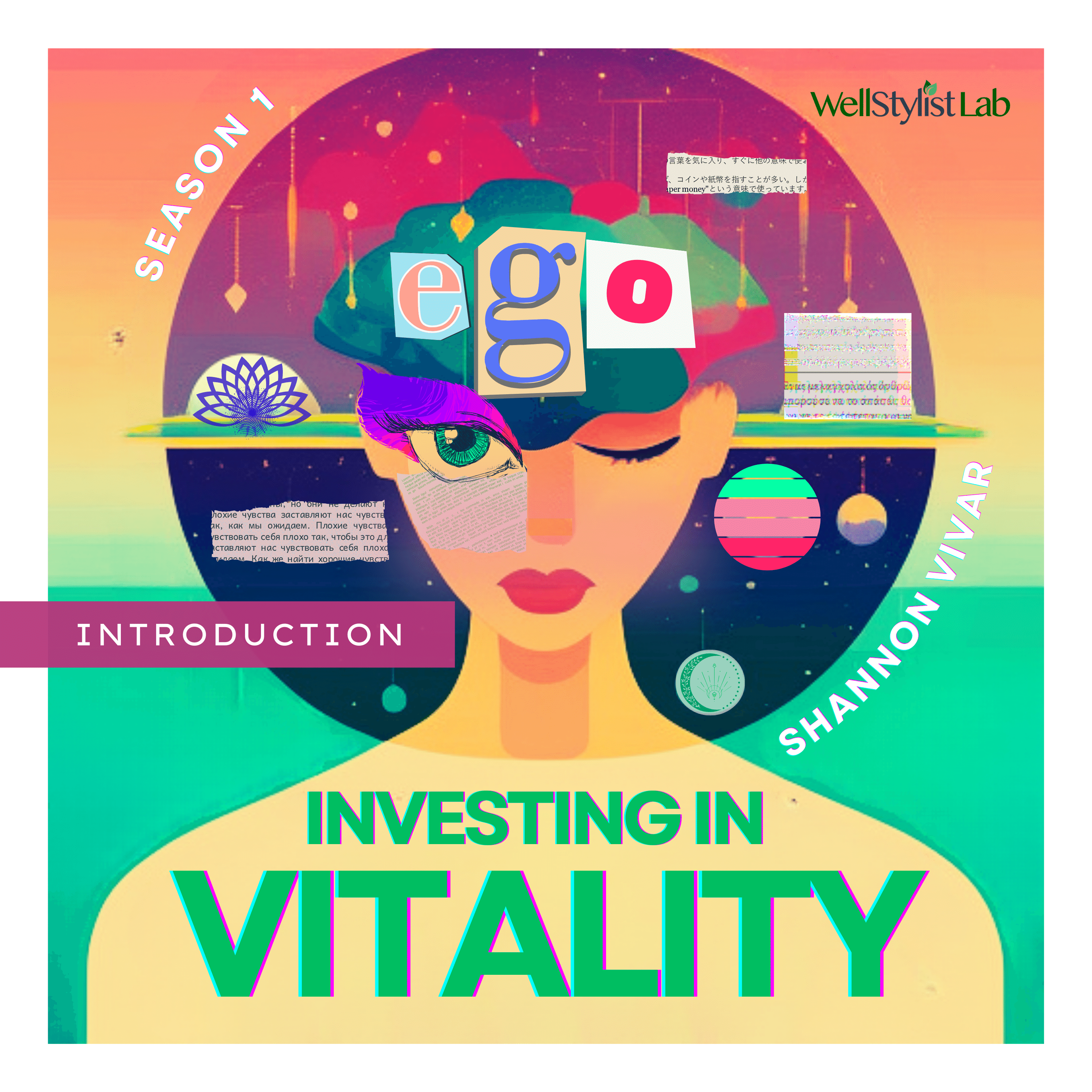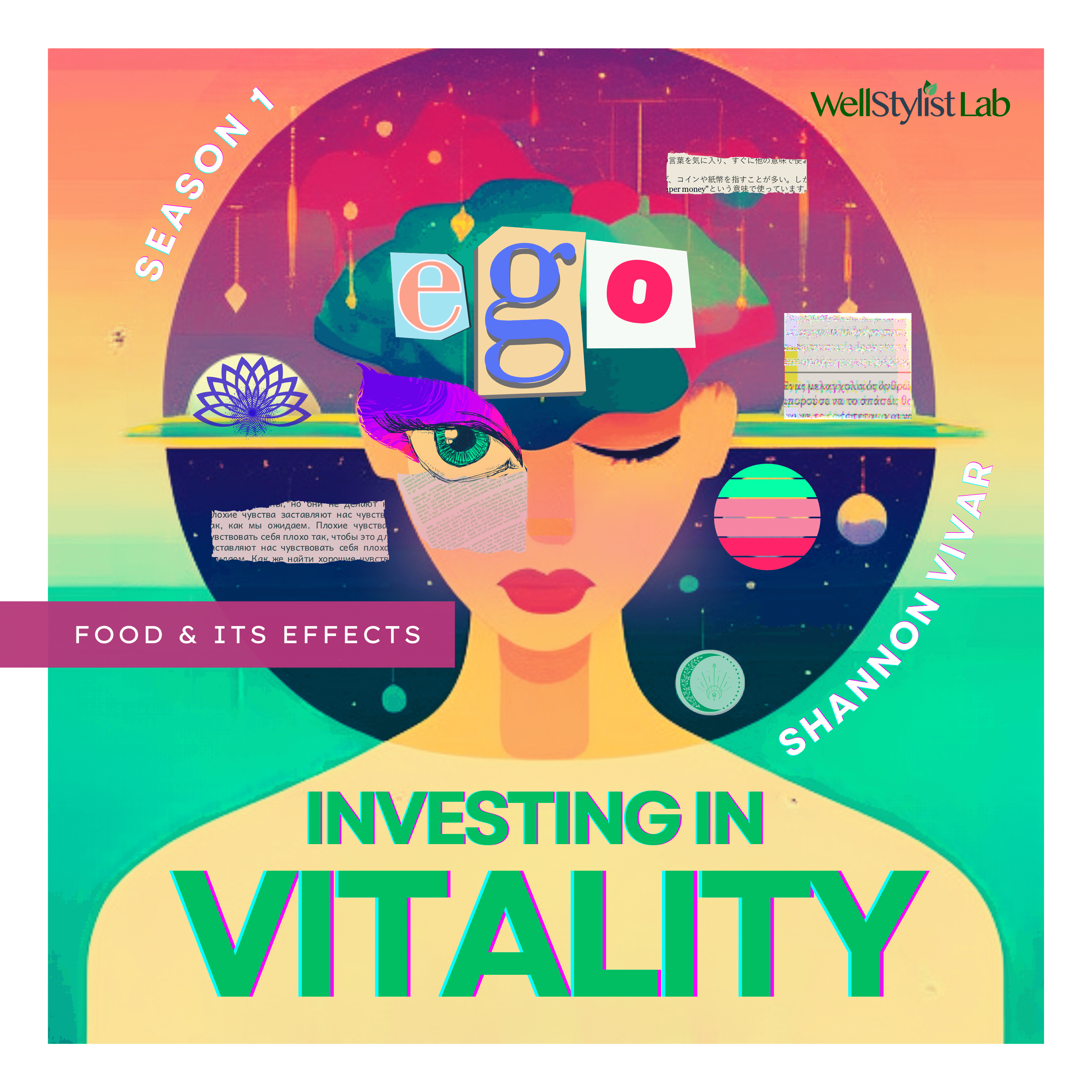Unravel the intricacies of our healthcare system and shed light on the pressing challenges faced by the American population. This episode discusses the power of reclaiming good health through transformative lifestyle choices with the support of holistic health and wellness experts. We even touch upon new sciences that unlock the remarkable healing capabilities of our bodies, as well as advancements in AI and technology that promise to revolutionize health treatment, administration and procedures. Our special guests include Jennifer Becker, a nutritional coach with Aspire Integrative Health, and Dr. Jon Repole, a renowned practitioner of holistic functional medicine and author of the groundbreaking book, Illness to Wellness.
View Full Transcript
Episode Transcript
Americans work hard to earn a living and save for retirement. So hard, in fact, that more than 40 percent are living with one or more chronic illnesses. Influencing not only their individual quality of life and retirement planning, but even bearing weight on our country's economy and policy decisions.
Let's dive into the complexities of healthcare and what we can do to take back our health. The global healthcare industry is a whopping 12 trillion dollar market. In the U. S., it is estimated that treating and managing chronic illness Costs on average 37 trillion per year in both direct and indirect costs and represents from 75 percent of healthcare spend to upward of 98 percent of Medicare spend.
Hospitals, healthcare providers, insurance companies, pharmaceutical firms, and technology companies are all part of this complex ecosystem. And with healthcare spending of more than 18 percent of U. S. GDP, political policies and debates pit private for profit healthcare against government subsidized healthcare, arguing different ideologies surrounding affordability, quality of care, and humanity's fundamental rights to health.
I don't know about you, but I find it all confusing, costly, and misguided in every respect. When I left my last corporate role, I struggled with purchasing health insurance. I mean, when my employer was subsidizing it, I just ponied up the funds through direct deductions from my salary. When I had to choose between HMOs, PPOs, high deductible plans, still quite confusing.
But that was the extent of my thoughts on the matter. Luckily, my family and I are relatively healthy. . But... We need insurance just in case something major happens, right? I didn't pay my benefit deductions much mind until annual enrollment came around or some major life event happened.
But when I left my company, the barrage of insurance brokers I was contacted by, and the volume of options through the marketplace, was frustrating to say the least. As an employer, I analyze my ability to attract talent against the rising costs. It is no wonder why many employers in the U. S. are focusing their wellness initiatives on lowering these expenses.
In the last decade, premiums have risen more than 40%, both employers and employees, to an average 22, 500 per year. Let's remind ourselves that all of these costs that American workers and their companies pay for are before the costs of any doctor visits, health treatments, or prescriptions needed.
To put into further perspective, that average premium cost represents about 30 percent of the median family income in the U. S. for 2022. As it turns out, America pays the most in health care costs, yet suffers more from lower healthy lifestyles and greater illnesses than other high income countries.
According to the Peter G. Peterson Foundation, America The United States spent, in 2022, an estimated 12, 555 per person on healthcare, the highest healthcare cost per capita across the OECD countries, and four times more on administrative expenses due to lack of competition, inefficiencies, and administrative waste.
So here's the real kicker for me. When our family actually needed healthcare, the plan I chose covered less than 20 percent of the treatment costs. Especially in an emergency situation, You don't even know how much the bill will be until after the treatment. Without my personal experience, I had been totally unaware of how significant pricing differences can be, and how sensitive your medical bill was to different variables such as location of service, hospital, insurance.
Again, I think I simply overlooked the fact that the healthcare industry is for profit. If you still need more evidence that we have issues in our healthcare system, You should know that more than 66 percent of bankruptcies are caused directly by medical expenses, system
is geared towards sick care and management. That is why the wellness industry continues to grow, especially after the pandemic made more people question the system. and our general state of health. I don't want to save for retirement just to pay the healthcare industry for chronic illness treatment, exorbitant prescription bills, or 8, 000 per month for assisted living after I retire.
So what can we do to mitigate the risk of getting trapped in the costly and complex web of the healthcare system? Well, first of all, we can take more responsibility for our health. Question our doctors and be more proactive in striving for a healthier lifestyle. Everything from the food we eat to the environment we live in affects our health and well being.
Sometimes it only takes finding the right few things to make a huge difference in how we feel. Listen to Jennifer Becker describe how she used food as medicine to cure everything from endometriosis to PCOS before she became a nutritional coach.
I healed myself through gut health. I was told that I couldn't have kids.
I was told that I needed a partial hysterectomy. I had surgeries, all these things for the endometriosis and then was later diagnosed with P C O S as well. And I just didn't, um, I didn't listen to the doctors. I didn't believe that that was the only way for me to heal. So I leaned on herbs, essential oils and all that.
Um, started doing research on, you know, alternate, uh, ways to heal. And I cut out dairy huge because I was the cheese queen, like parties everywhere I went, it was like the bri and fruit and apples or you know, whatever the cheeseboard. I was the one bringing that I ate cheese almost every day. Um, you know, I cut all that out and I had already stopped eating meat when I was like 11.
Just these little tweaks to my diet fixed my gut. I realized like it fixed my acne. My P C O S went away, endometriosis went away and it was just like this light bulb moment. That was before all that happened, before I even went to, uh, nutrition school
Finding the right health and wellness providers can help you improve your health tremendously. Contrary to popular belief, we are not slaves to genetics, and pills don't solve every problem. The fact that more than 50 percent of Americans take prescription drugs, and a significant portion of those take more than one, some even five or more, shows how pervasive the pharmaceutical industry's influence is on American health.
And it's not just for the aging population. According to research, a baby born in 2019 could expect to take prescription drugs for roughly half of their lives. Wow. I mean, there has to be better ways to improve our lives.
Many alternative wellness practices today are adopted from century old practices and traditional medical approaches from Eastern and Indigenous cultures.
From my perspective, I think it is worth exploring these methodologies. Such as acupuncture, Ayurveda, sound therapy, and other treatments available in medical spas just to avoid all of the side effects of drugs. whichever way you look at it, you should consider taking a holistic approach to your health and working with professionals that can support you and guide you on your journey.
Listen to my conversation with Dr. Jon Repole. He's the author of the recent book, Illness to Wellness, and a doctor with over 20 years practicing holistic functional medicine. He discusses how patient care should be approached.
We have things backwards.
You know, it's like labeling organic food, you know, we have to label real as compared to processed food. So it's an unfortunate thing. And we're labeling real medicine with a different name. You know, it's functional medicine or holistic. It's just the right way to practice. There's the ladder approach of going from least invasive to most invasive, and you walk up that ladder and you're allowed to make new decisions based upon how you're experimenting with your body.
And so, yeah, I, I, I think that there's a time and a place for medication. But I think if we were to have people take autonomy and do diet and lifestyle, I suspect. That medications would be one out of 10 times instead of today, nine out of 10 times. And so I think right now it's not being used any way, shape or form in a way that is congruent with health and wellness.
Um, in fact, I think it's causing, I mean, iatrogenic disease, which is the, the second leading killer of human beings in the United States is from medical error. And so, and a lot of that has to do with medications and, you know, performing surgeries and people dying. And so, I mean, yeah, there's, there's big issues with pharmaceuticals, but yeah, I, I always make a joke if I got into a car accident and, you know, I was getting, I, I don't want a tofu salad.
I, I wanna be taken to the hospital, you know, so there's a time and a place for, I think all of it. Does the conversations ever go into like the risk for malpractice with a holistic approach? Right. , I feel like you can't patent some of the natural, remedies that had been used for years and years and years.
And then like we've, we've developed some of these policies and procedures and, um, that actually prevent us from going back and using some of these, these herbal remedies. So, as a doctor, um, and I know malpractice has come up a lot of, especially when people are talking about how it's so high priced in the medical industry and there's no transparency on pricing.
and it, it's always that's the excuse, well, you know, the liability for malpractice and, so much risk the doctors are taking on. Like, what is your perspective about that , From a price transparency perspective, as well as that risk of being, um, labeled malpractice, or especially on the holistic side.
First foremost, you know, think we have it backwards, right? So I think that the person should be tried of malpractice. If somebody comes in and they have, you know, cardiovascular arterial sclerosis, and the very first thing that's being given to them is statin for their cholesterol and something for their blood pressure without telling them, listen, we're gonna engage you in a coaching program for three to six months, we're gonna make you lose weight and you're not gonna need these medication.
So in that respect, I truly think that that's the malpractice, you know, and, and I think that needs to be taught because we, we need to teach that latter approach where first diet and lifestyle, secondary, you know, medication. Don't do second things first. Do first things first.
As it relates to our healthcare system, there is hope there too. New science based research and breakthroughs in areas such as epigenetics, microbiome, and neuroscience can help us understand our bodies in new ways. And regenerative medicine takes advantage of cellular intelligence and nurtures the body's incredible ability to self heal, when given the right conditions.
Not to be left out, innovations in AI and technology are on the rise to improve and support our health and the treatment of chronic conditions. Advancements in telemedicine, wearable technologies, and personalized are just some of the other emerging trends that allow people to regain control of their health.
So there are many ways to support your ability to heal and regain your vitality. You have the power to make a difference. In the way you think and approach your health. Join us next week to hear more of my conversation with Dr. Jon Repole on the Vitality Exchange Conversations bonus episode and the following week for our next trend topic, conscious consumerism.
